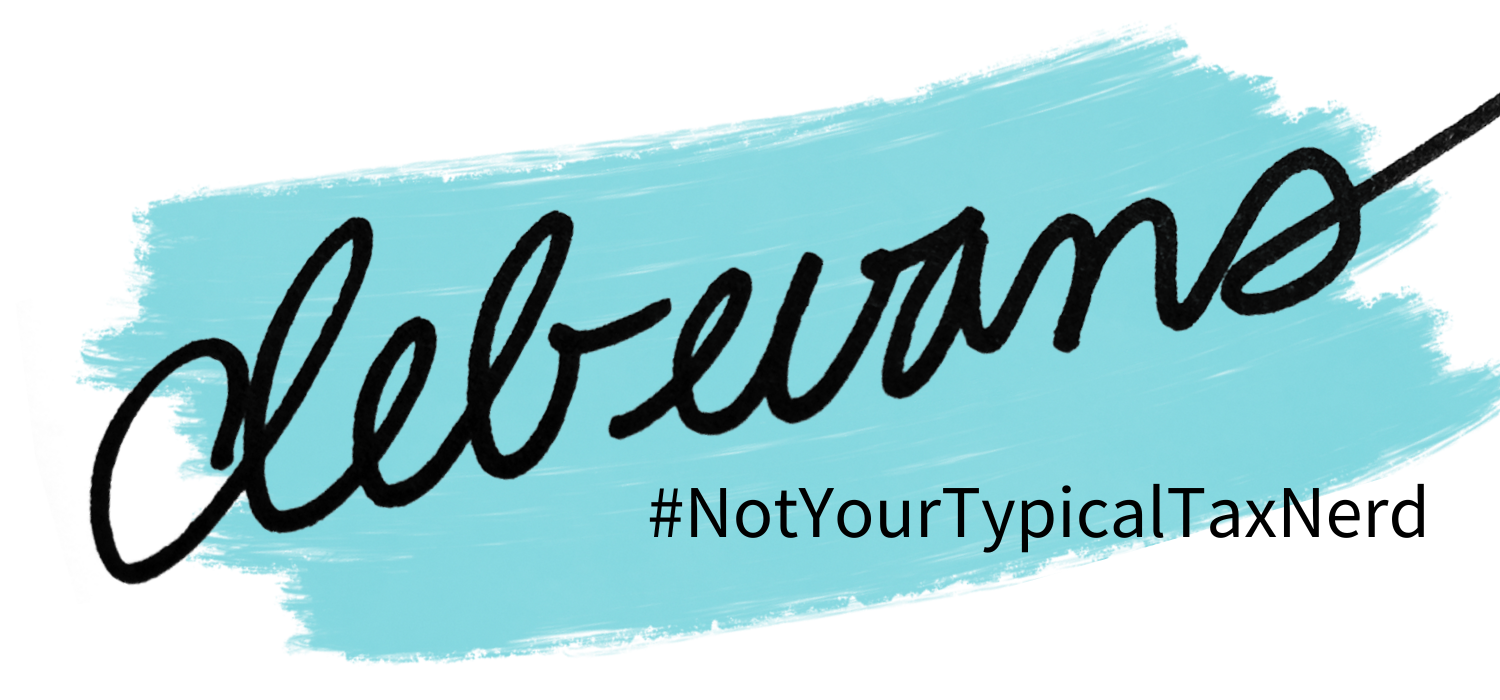How to Make More Money in Your Business
Increase Revenue
Sell more to new customers
Sell more to returning customers
Increase Prices
Hustle MORE!
Reduce Costs
Create and follow a budget
Audit your spending - where are you wasting money?
Stop mindless spending
Quit thinking “I can write it off…”
Negotiate with vendors for lower prices
Cut the fat
That’s It!
It is much easier to reduce costs as a way to make more money. Most new entrepreneurs are spending money like crazy. It comes in. It goes out. And most of us have no idea where it went! Conscious spending is where you start. Yes, you have to spend money to make money. Yes, you can write it off. No, that’s not a license to just throw money around unless you don’t want to be profitable! Be focused on your profit. Revenue minus expenses equals profit. Lowering expenses increases profit.
Unless you want to be in 24/7 Hustle Mode, increasing revenue by selling more will have you burnt out in no time. Selling more to new customers is the most exhausting way to make more money! Selling more to current and returning customers is an effective way to increase revenue and profits. It costs 7x more to sell to a new prospect than it costs to sell more to a returning customer. You can sell a consumable good or service that your client comes back to replenish. You can sell new products and services to returning customers. Focus your efforts on making your current clients happy and provide them with many reasons to come back to you AND to refer their friends to you. Referrals are the most efficient way to sell to new customers!
Hopefully, you’re in a business that you love, but you still need to have a profit goal! (Otherwise, the IRS says you have a hobby and will disallow ALL deductions while still taxing your revenue!) Increase your profit by increasing revenue and/or reducing costs.
Debbie Evans is an Enrolled Agent, a federally licensed tax pro, and a Certified Financial Coach, specializing in helping solopreneurs increase profits and reduce taxes.
The Fine Print
This material has been prepared for informational purposes only, and is not intended to provide, and should not be relied on for, tax, legal or accounting advice. You should consult your own tax, legal and accounting advisors before engaging in any transaction. IRS Circular 230 Notice: To ensure compliance with requirements imposed by the IRS, we inform you that any U.S. tax advice contained in the entries in this blog (including any attachments) is not intended or written to be used, and cannot be used, for the purpose of (i) avoiding penalties under the Internal Revenue Code or (ii) promoting, marketing or recommending to another party any transaction or matter addressed herein.

